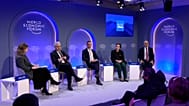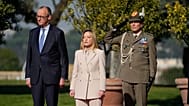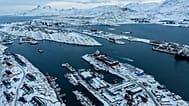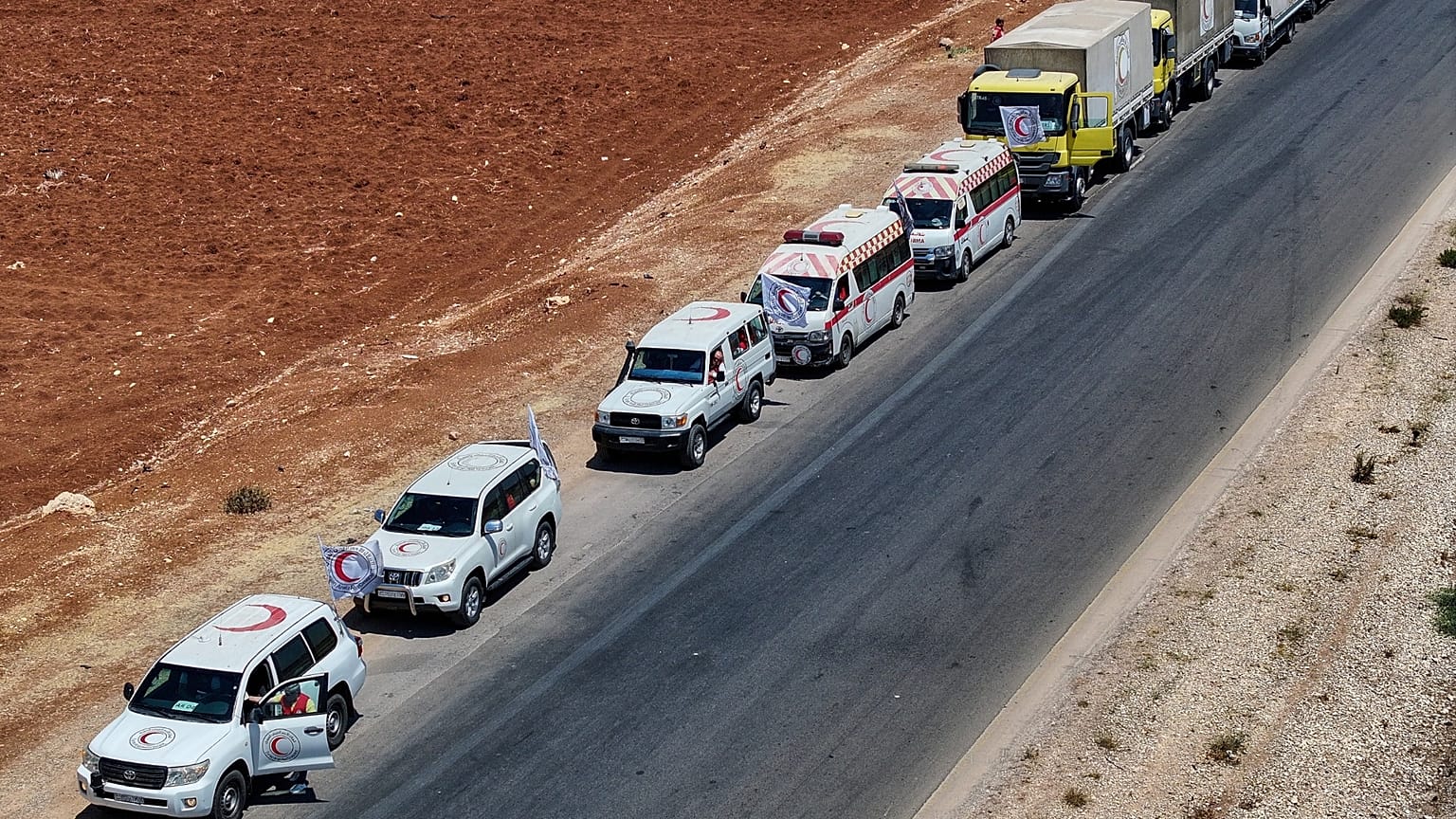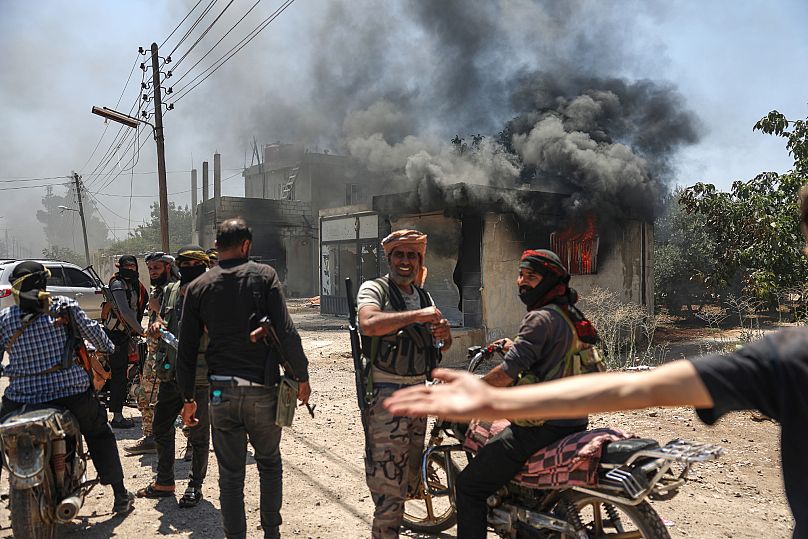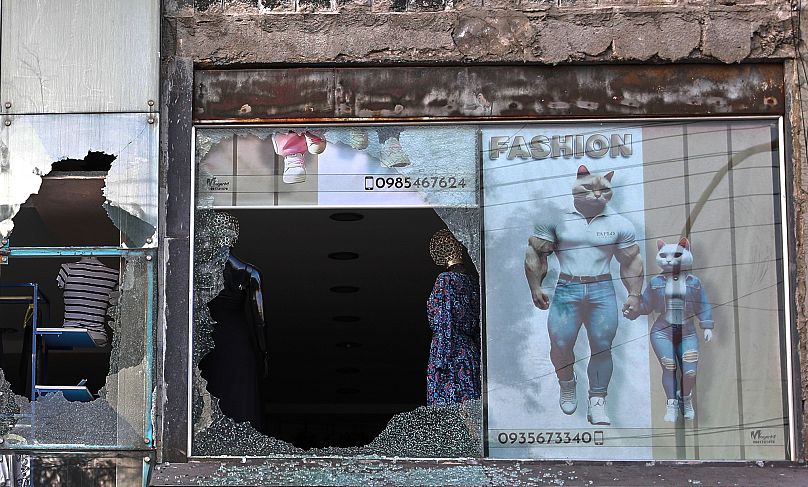Wednesday’s trucks contained 4,000 food baskets, 66 tonnes of flour, 10,000 bottles of drinking water, and humanitarian medical supplies, according to Syrian officials.
A convoy of 22 aid trucks was sent to the Syrian city of Suwayda on Wednesday, the second such convoy by the Syrian Arab Red Crescent to be sent since clashes erupted between the Druze minority militiamen and Sunni Bedouin tribes backed by security forces.
Wednesday's trucks contained 4,000 food baskets, 66 tonnes of flour, 10,000 bottles of drinking water and medical supplies, according to Syrian officials. The first aid convoy entered the city on Sunday.
Violence between the Druze militia and Sunni Muslim clans has resulted in the deaths of hundreds and threatened to unravel Syria’s already fragile post-war transition.
The clashes also led to a series of targeted attacks against the Druze community, followed by revenge attacks against the Bedouins.
The UN International Organisation for Migration (IOM) said more than 130,000 people were displaced in the hostilities that started with a series of attacks a week ago.
Israel also launched dozens of air strikes on the Druze-majority Suwayda province, targeting government forces who had effectively sided with the Bedouins.
The violence has largely stopped as a ceasefire appears to be holding.
Shortage of supplies
The head of the Syrian Arab Red Crescent, Mohammed Hazem Baqleh, said the situation in Suwayda remains grim, particularly in the main hospital, where some 300 bodies piled up during the clashes. The city had been almost entirely cut off from supplies during the two-week fighting.
A Red Crescent team worked with the hospital's forensics to document the dead and prepare them for burial, he said.
Baqleh said that with electricity and water largely cut off during the fighting, "there is a significant shortage of materials and a shortage of human resources" in the hospital.
"The markets, in general, were closed and services have almost completely stopped" during the fighting, he said.
The group was registering names of civilians who want to leave the city to give them safe passage out, he said.
During the fighting, Red Crescent teams came under attack. One of their vehicles was shot at, and a warehouse burned down after being hit by shelling, he said.
Families evacuated
Evacuations of Bedouin families from Druze-majority areas has already begun.
Syrian state media on Sunday said the government had coordinated with officials in Suwayda to bring buses to evacuate some 1,500 Bedouins. Many of them are now staying in crowded shelters in neighbouring Daraa province.
Some worried that the displacement for those who leave will become permanent, a familiar scenario from the days of Syria's civil war.
Human Rights Watch said in a statement Tuesday that "while officials have said the relocation is temporary, concerns remain that these families may be unable to safely return without clear guarantees."
Suwayda's provincial governor, Mustafa al-Bakour, reiterated promises that the displacement will not be long term.
"There can be no permanent displacement in Syria," he said. "Nobody will accept to leave the house his lives in and was raised in, except as a temporary solution until things calm down."
Human Rights Watch said that all parties in the conflict had reportedly committed "serious abuses" and that the violence had also "ignited sectarian hate speech and the risk of reprisals against Druze communities across the country."


